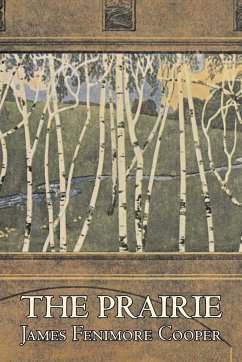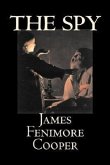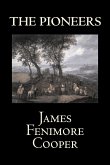The Prairie finds James Fenimore Cooper's heroic frontiersman, Natty Bumppo, near the end of his adventurous life. But even at "eighty seasons," Natty stands "a little remarkable," as Cooper describes him. Natty's sinewy build allows him to carry his heavy rifle with an ease that promises he still knows how to use it. And when someone needs to reason with the Indians, Natty -- "the trapper" -- is the man to trust. The perfect screen version of The Prairie would star Sean Connery. Published in 1827, the book is one of five in Cooper's "Leatherstocking Tales," a saga that takes Bumppo from the woods and hills of of New York, west into the hard plains. Cooper himself went the opposite direction: He wrote much of The Prairie in Paris. He scouted the mythology of the Old West -- the part that comes from the imagination, not from real life in a log cabin. And he showed why the West he imagined is better. For one thing, it allows such a "valiant, a just and a wise warrior" as Bumppo the noble end he deserves.
Hinweis: Dieser Artikel kann nur an eine deutsche Lieferadresse ausgeliefert werden.
Hinweis: Dieser Artikel kann nur an eine deutsche Lieferadresse ausgeliefert werden.








